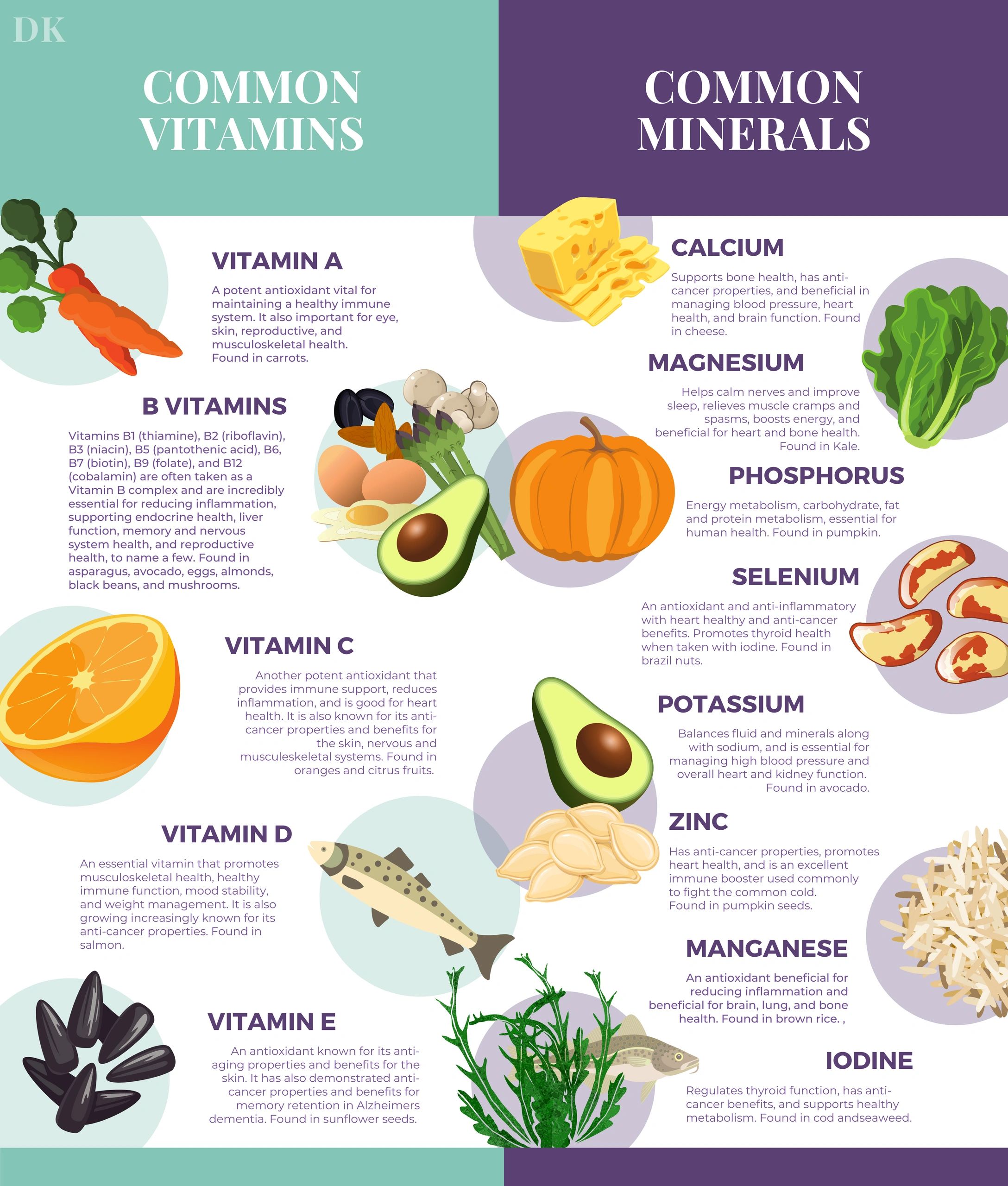You may have heard your friends talking about how they take a multivitamin every day, or wonder if you should start taking one too. But do you know what a vitamin is, or what a multivitamin is? If not, you’re not alone.
It seems like everyone is talking about vitamins these days, but many people have no idea what they’re talking about. Keep reading to learn more about vitamins, how they work, and if you should take them.

Did you know that every single cell in your body needs vitamins and minerals in order to function properly? If your body lacks the right nutrients, you could experience a multitude of negative side effects. Luckily, you don’t have to worry about that because you can get a good supply of vitamins and minerals from vitamins and minerals supplements.
A vitamin is a substance that the body requires in minute quantities in order to function properly. The term is used to refer to a group of substances that are not essential nutrients in themselves, but which are essential in the right amounts. There are 14 vitamin categories, which fall under the scope of Vitamins A, B, C, D (9 of these are essential), E, K, Th, and others.
A Guide to Vitamins and Minerals for Beginners

Did you know that every single cell in your body needs vitamins and minerals in order to function properly? If your body lacks the right nutrients, you could experience a multitude of negative side effects. Luckily, you don’t have to worry about that because you can get a good supply of vitamins and minerals from vitamins and minerals supplements.
A vitamin is a substance that the body requires in minute quantities in order to function properly. The term is used to refer to a group of substances that are not essential nutrients in themselves, but which are essential in the right amounts. There are 14 vitamin categories, which fall under the scope of Vitamins A, B, C, D (9 of these are essential), E, K, Th, and others.
What Are Vitamins?
Vitamins are micronutrients that play an essential role in metabolism, tissue growth and immune system function. They are organic compounds that we cannot manufacture and are therefore essential in our diets.
A lack of vitamins can lead to a whole host of health problems, and the lack of vitamins can be a sign of poor diet and lack of exposure to natural sunlight. There are 14 vitamins that are essential for human health, though some people may have a vitamin deficiency without showing any symptoms.
Absorption of Vitamins
You can’t store vitamins in your body, so they must be consumed in foods or supplements. You can absorb vitamins through your stomach and intestines, which is why you can eat right before bed! The Food and Drug Administration (FDA) regulates vitamins as dietary supplements.
The FDA has strict rules about what can and cannot be labeled as a vitamin. Only ingredients that don’t contain any other active ingredients can be labeled as vitamins. If you see supplements labeled as “multivitamins,” be sure to check the list of ingredients because the vitamins could be from a synthetic source rather than the natural vitamins.
B Vitamin: Biotin
Biotin is a vitamin that is often added to prenatal vitamins due to its importance in cell growth and metabolism. Deficiencies in this vitamin are rare, but may be linked to a condition called “pernicious anemia” where the body is unable to absorb enough vitamin B-12.
Vitamin C: Vitamin C
This antioxidant is important for your immune system, bones and teeth, and the formation of collagen.
Vitamin D: D-3
This vitamin is vital for the absorption of calcium in your body. You can get this vitamin from exposure to sunlight, but it’s also available in supplements. Deficiencies are rare and can be linked to different types of cancer, but the most common complaint is a lack of energy.
E Vitamin: Omega-3 Fatty Acids
This vitamin is important for healthy brain development, skin and hair health, and feelings of well-being.
Vitamin K: Vitamin K
This vitamin is important for blood clotting, protein synthesis and healthy bone growth.
M Vitamin: Methylfolate
This vitamin is important for producing serotonin, a neurotransmitter that helps regulate mood and sleep.
Niacin: Vitamin B-6
This vitamin is important for healthy metabolism and reducing cholesterol levels in the body.
O and P Vitamins: Omega-6 Fatty Acids and Omega-3 Fatty Acids
These vitamins are crucial for healthy cell growth, metabolism, and nerve function.
Thiamine: Thiamine
This vitamin is important for the metabolism of carbohydrates and energy production.
Summation
Your body needs vitamins and minerals in order to function properly. Vitamins are organic compounds that the body requires in minute quantities in order to function properly. For those that are deficient, the best way to get them is through a multivitamin supplement.
If you take vitamins and minerals supplements, make sure you’re getting the proper amount of each vitamin and mineral. You can get a good supply of vitamins and minerals from vitamins and minerals supplements. Ensure they’re regulated and safe to take, and make sure you’re getting the right amount of each vitamin and mineral by consulting a doctor.

